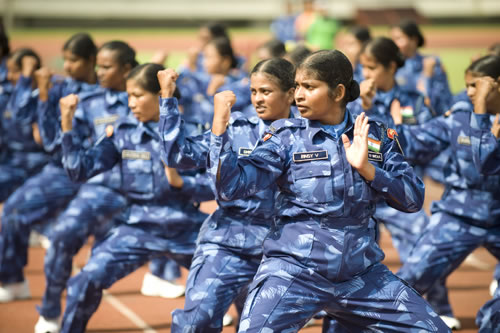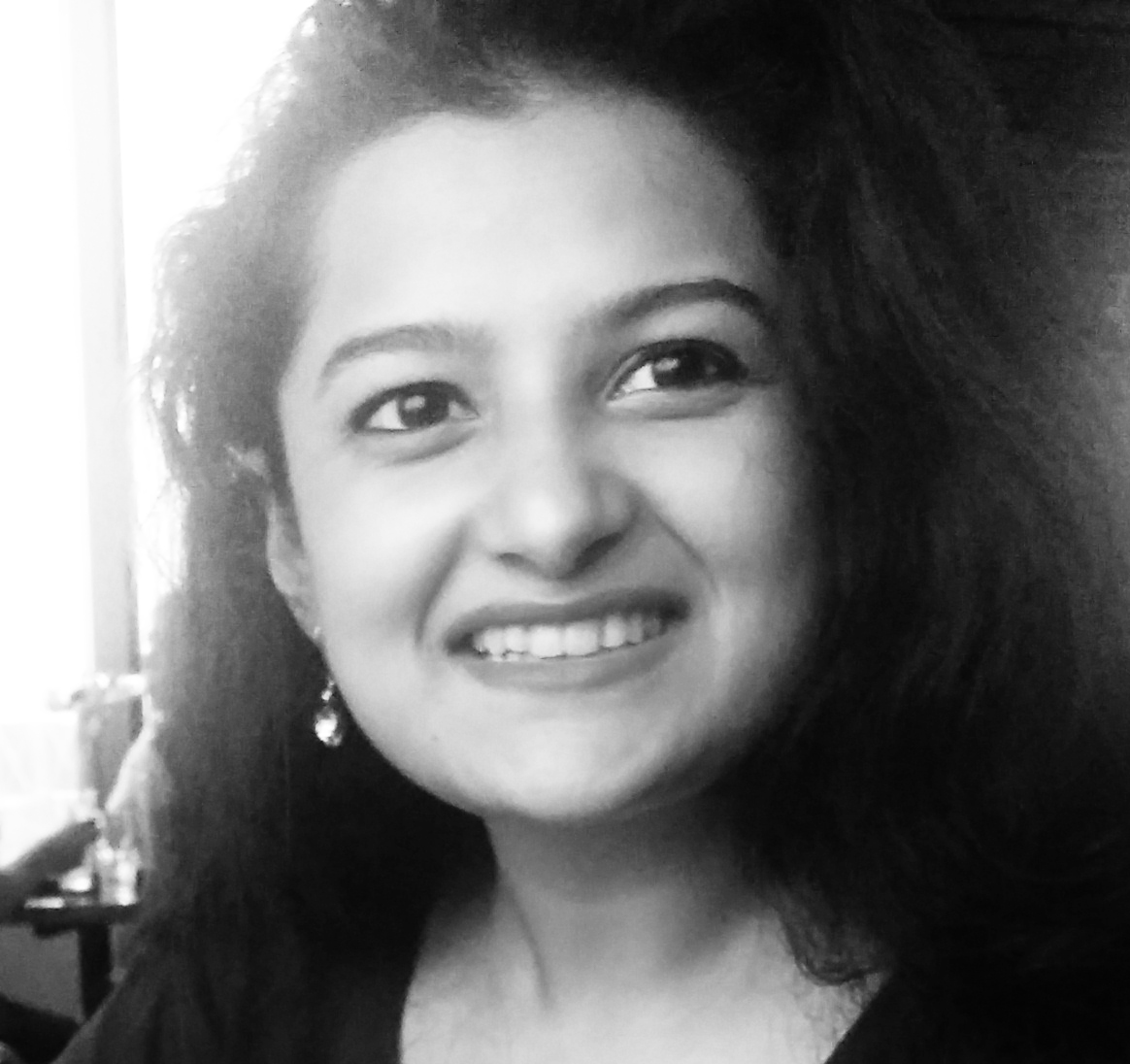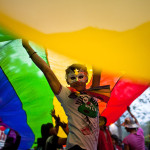The case of Sexual Abuse and Exploitation in UN Peacekeeping missions
The issue of sexual exploitation and sexual abuse by peacekeepers in post-conflict areas is an open secret within diplomatic circles. India prides itself for being the largest contributor to UN peacekeeping operations. A total of 180,000 Indian troops have participated in 44 of the 69 operations mandated by the Security Council.


It is therefore concerning that a draft study by the U.N. Office of Internal Oversight Services (OIOS), which became public last week, includes three cases where Indian peacekeepers faced “substantiated allegations” of sexual exploitation and abuse between 2010 and 2013.
UN Peacekeepers usually operate in post-conflict settings where the locals already suffer from collapsed economies, virtually non-existent justice systems and ineffective law enforcement. Significant power differentials exist between the peacekeepers and the locals. The exploitation of this power differential to take advantage of the vulnerabilities of a war-ravaged population goes against the very genesis of the United Nations. Incidents of rape and instances where sex is exchanged for food, money or medicine not only exacerbate the desperation of the locals but also weaken the credibility of the peacekeeping mission in advising post-conflict nation-builders on adherence to international human rights standards.
In 2013, sexual exploitation and abuse allegations increased to 66 from 60 in 2012. Most concerning, however, is that allegations involving minors accounted for over one third (or 36%) of all allegations from 2008-2013.
These revelations also allude to the discussion of insufficient representation of women in peacekeeping, and in armed forces in general. Although it has always been endorsed that women should be systematically involved in Peacekeeping Operations (PKOs), approaches to achieve this goal so far have been sporadic and isolated.
The assumption behind these calls for an increase in the number of women in PKOs is that it will lead to a “Civilizing Effect” on their male counterparts as well as a decrease in the number of HIV/AIDS cases directly or indirectly linked to PKOs, and a decline in the number of brothels around peacekeeping bases. While evidence does suggest that the deployment of women peacekeepers in PKOs may foster a change in male behaviour, the argument that their mere presence will alter the masculinised post-war environment in which peacekeepers operate is not sustainable.
Additionally, arguments based on the perception of women’s inherent capacity for peace and commitment to gender issues also rely on stereotypes. Female peacekeepers, like their male counterparts, are trained to deal with combative situations. Crucially, they have no specific training in the history and politics of the local culture and conflict. The possibility that most female peacekeepers may well take on UN assignments for financial and professional progress, much like their male colleagues from developing nations, must also be considered.
However, this is not to say that mainstreaming gender in Peacekeeping Operations is unnecessary or irrelevant. In post-war societies, the perception of women as victims and men as either perpetrators or saviours diminishes women’s role as peace builders in societal reconstruction and peace building processes. The presence of more women in peacekeeping missions may be helpful in addressing specific needs of female ex-combatants during the process of demobilizing and reintegration into civilian life; in helping make the peacekeeping force approachable to women in the community; in interviewing survivors of gender-based violence; in mentoring female cadets at police and military academies and in interacting with women in societies where women are prohibited from speaking to men.
Last year, UN appointed Major General Kristin Lund as the first female commander of the peacekeeping force. As stated by Major General Lund, being a woman gives one the access to “one hundred percent of the population”. Hence, the target for gender balanced UN Peacekeeping Operations is essential.
Since 2007, all women Indian contingents of CRPF officers have been stationed at Liberia. It would be significant to examine how these female peacekeepers themselves experience gender and other relations while on duty where the power differential in relation to locals is in their favour, but remains different in relation to their male colleagues.
About the Author
Vidisha is Researcher with Observer Research Foundation, a foreign policy think tank. Her main interests include mainstreaming gender in governance,the political-economy of gender and migration policies. She has previously worked at Centre for Social Research as a Research Associate.


Looking forward to reading your blogs, you can mail us your entries at WriteWithUs@csrindia.org, or upload them at Write With Us.
Donation for Centre for Social Research to Join our effort in rehabilitating Domestic Violence
Discuss this article on Facebook




